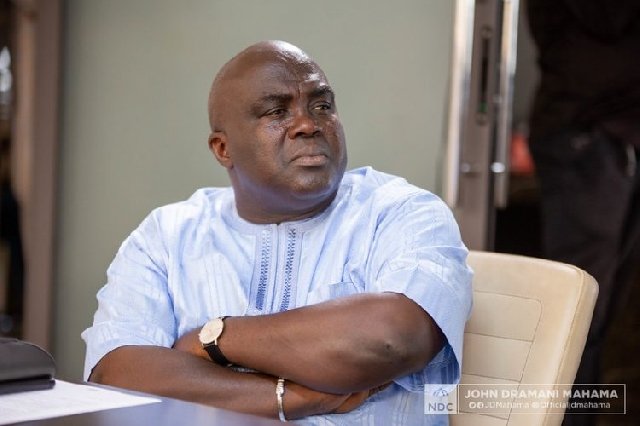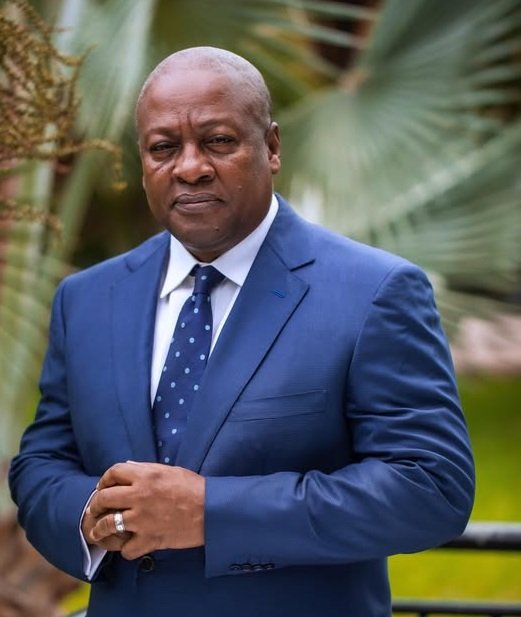ARTICLE AD
Fifty media practitioners have undergone a two-day HIV-related human rights, stigma and discrimination training at Aburi in the Eastern Region.
The training was organised by the Ghana AIDS Commission (GAC) with support from USAID, PEPFAR and SEND Ghana.
In commemoration of Zero Discrimination Day, observed on March 1, every year, Dr Kyeremeh Atuahene, Director General of the GAC, emphasised the importance of promoting equality and fairness for individuals living with HIV.
Highlighting the pervasive nature of HIV-related stigma and discrimination in Ghana, Dr Atuahene referenced statistics from the Ghana Statistical Service, indicating that a significant percentage of the population still held unacceptable attitudes towards people living with HIV.
According to him, reports from various studies and the Commission of Human Rights and Administrative Justice (CHRAJ) had shown that individuals affected by HIV continued to face discrimination in various aspects of their lives, including housing, employment, education, and access to health services.
Dr Atuahene underscored the need to remove discriminatory laws and enact empowering legislation, such as the Ghana AIDS Commission Act (Act 938), which guarantees fundamental human rights and freedoms for people infected, affected, or at higher risk of HIV.
“Under the provisions of Act 938, individuals living with HIV have the right to health, privacy, education, work, and freedom from discrimination based on their HIV status. Any form of discrimination against people living with HIV is punishable by law,” he emphasised.
The Director General also emphasised that stigma and discrimination not only undermine the life-saving treatment services provided, but also contribute to the premature deaths of people living with HIV.
Calling for collective action to eliminate discrimination, Dr Atuahene urged the media, religious institutions, traditional leaders, politicians, educators, employers, and all Ghanaians to join forces in creating a society that is free from discrimination in all its forms.
The USAID Ghana Health Office Director, Ms Zohra Balsara, was optimistic that the training would enable accurate reportage, and also improve understanding of HIV and AIDS.
“Accurate reporting will prevent misinformation and support community education to reduce stigma and improve patients’ confidence to access HIV services,” she said.
Dr Fred Nana Poku, the Director of Technical Services, GAC, in his presentation took journalists through the HIV basics, the mode of transmission, symptoms, its importance, testing, treatment principles, and reducing one’s risk of HIV and where to get more information.
Other topics covered include HIV-related stigma and discrimination, how to use the Oraquick HIV Self-test kit, HIV and AIDS terminology guidelines, and epidemiology of the HIV and AIDS response, among others.
Dr Poku further urged journalists to use their platforms to educate the public on HIV in order to eliminate stigma and discrimination for the protection of all.
Ms Rebecca Akpe, representing the President of GJA, expressed appreciation for being part of the continuous capacity building for journalists in this national exercise to end stigma and discrimination.
She also expressed the GJA’s commitment in the training of journalists and urged them to take these training sessions seriously and share the knowledge as they go along.
Dominic Hlordzi, the General Secretary, Ghana Journalists Association, educated journalists on how to report HIV issues and urged them to be factual when writing or reporting, and not to be sensational as that could lead to stigma.
FROM AGNES OPOKU SARPONG, ABURI

 9 months ago
66
9 months ago
66 

